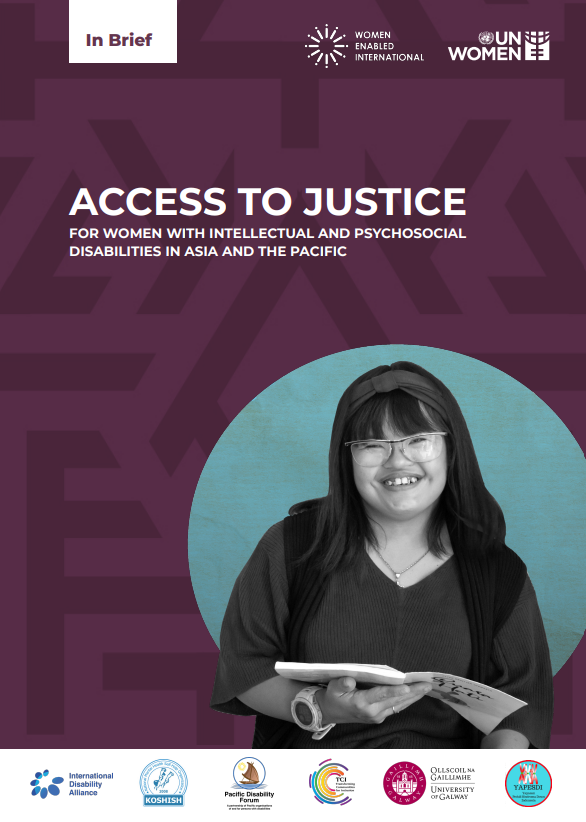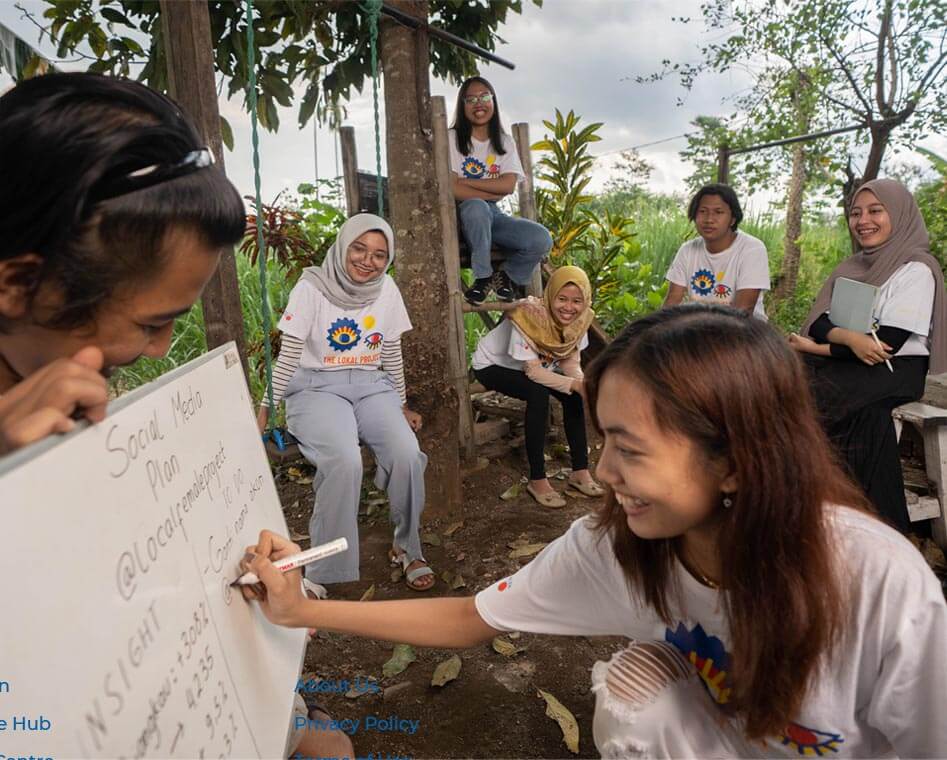
Access to Justice for Women with Intellectual and Psychosocial Disabilities in Asia and the Pacific
Publication Date: November 25, 2022
Total Pages: 6
Organization: UN Women
Languages: English
Country/Region: Asia Pacific
Topic Area: Gender Mainstreaming, Gender equality and women’s empowerment, Sustainable Development Goals (SDGs)
Year: 2022
Resource Type: Briefs
Abstract
Women with intellectual and psychological disabilities often see their rights to equal recognition before the law and their legal capacity restricted, and face a lack of accommodations throughout judicial proceedings. They encounter significant economic barriers and, critically, are more likely to have their credibility questioned by jutstice actors, often creating insurmountable obstacles to engaging with the justice system.
The UN Special Repporteur on Violence Against Women has recognized that perceptions about credibility – including the infantilisation of women with disabilities can lead to a “systematic failure of the court system to acknowledge them as competent witnesses.” This discrimination is particularly pronounced towards women with disabilities who are members of minority groups. These women are often subject to multiple and intersecting forms of discrimination because of their race or ethnicity, gender and disability status combined.
In addition, women with intellectual and psychosocial disabilities are likely to encounter barriers in attaining positions as lawyers, judges and other officials in justice system, or serving on juries, thereby preventing their contribution to the administration of justice to society as a whole and limiting their potential to change the justice from the inside.
Women with intellectual and psychosocial disabilities are among the most marginalized of the estimated 690 million persons with disabilities living in Asia and the Pacific. They face numerous barriers to full and equal participation in society; in some countries, they cannot own property, open a bank account, or participate in elections either as voters or candidates. This marginalization has given rise to additional legal problems, which could have been prevented through inclusion and non-discrimination.

